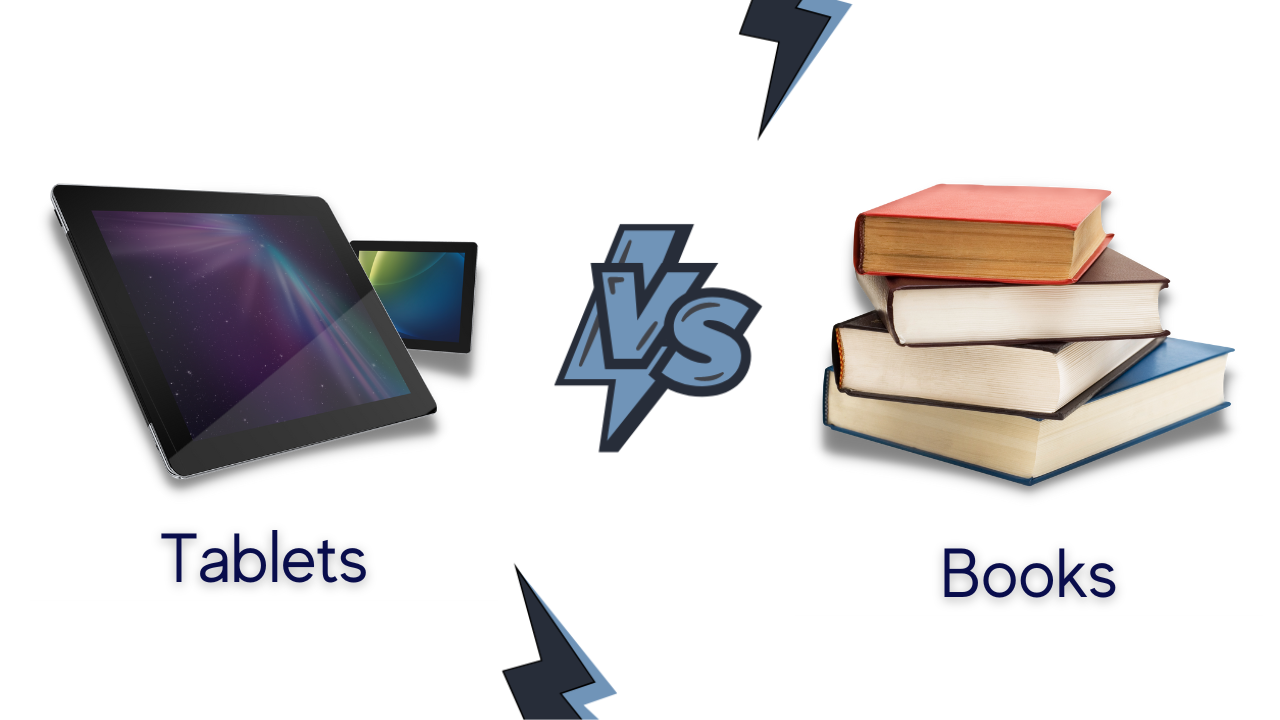
The debate between tablets vs textbooks has been raging for years. With tablets becoming increasingly popular for entertainment and educational purposes, the question of which is better for learning – a tablet or a textbook – has become more relevant than ever.
Tablets and textbooks are two different ways of accessing educational materials. Tablets offer a convenient, portable way to access a wide variety of digital material. Textbooks are a traditional teaching method, but they can be bulky and difficult to store and carry.
In this review, we’ll explore the pros and cons of both options and provide our recommendations for the five best tablets for reading. So, if you’re trying to decide which option is best for you, read on!
Also Read: Best Tablet For ELD Logs
Tablets Vs Textbooks: Key Features
| Features | Tablets | Textbooks |
|---|---|---|
| Display | High-resolution color display with adjustable brightness | Paper pages with no backlighting |
| Weight | Lightweight, typically under 1-2 pounds | Heavier, typically weighing several pounds |
| Portability | Portable and easy to carry around | Bulky and can be difficult to carry around in large numbers |
| Interactivity | Interactive multimedia features such as video, audio, and web browsing | No interactive multimedia features |
| Storage | Typically comes with at least 16 GB of storage, expandable with microSD cards | Can become heavy when carrying multiple textbooks |
| Battery life | Usually several hours to all-day battery life depending on usage | Does not require a battery |
| Cost | Can be expensive depending on the model and features | Varies depending on the textbook, but generally less expensive than tablets |
| Durability | Screen can crack or scratch if dropped, but many models are durable | Can become damaged or worn with regular use and handling |
After comparing the features of two, we recommend the top 5 tablets for readers:
Tablets Recommendations
| Design | Model | Retailer |
|---|---|---|
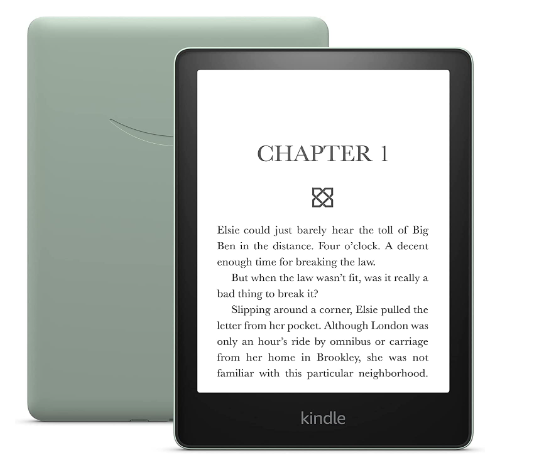 |
Amazon Kindle Paperwhite | Check Price |
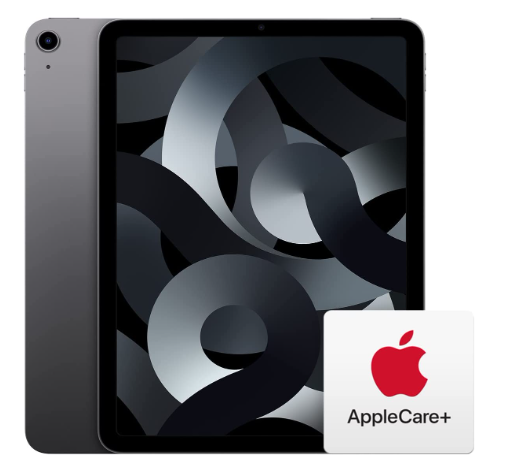 |
Apple IPad Air | Check Price |
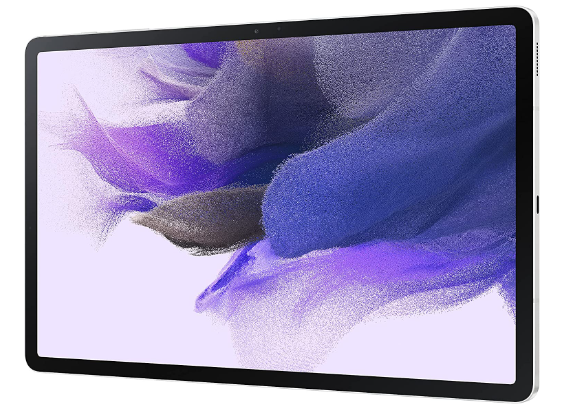 |
SAMSUNG Galaxy Tab S7 | Check Price |
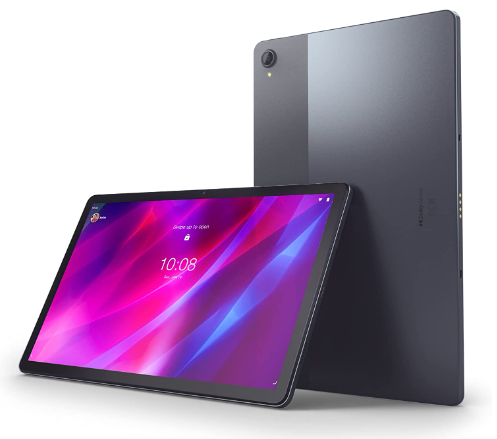 |
Lenovo Tab P11 Plus | Check Price |
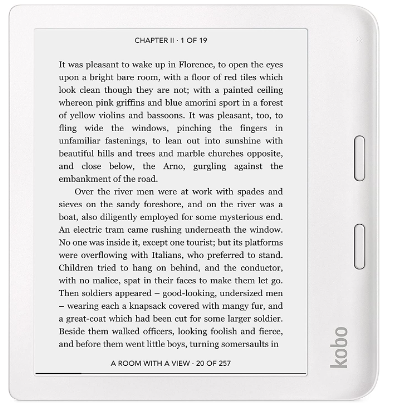 |
Kobo Libra 2 |
Check Price |
Why Tablets are Preferred?
Tablets offer several advantages over textbooks in the subject of reading. Tablets are lighter, more portable, and provide access to a much more extensive selection of books.
They also allow you to highlight and annotate text easily, making the reading experience more interactive. Additionally, they are easy to update, which is excellent if you need access to the latest version of a book.
Tablets also offer a variety of digital tools and features, such as dictionaries, translation tools, and even audio recordings, that can help make the reading process more accessible and engaging.
Finally, tablets have a much longer battery life than traditional textbooks, allowing you to read for extended periods without worrying about running out of power.
Tablets Vs Textbooks: Detailed Comparison
Durability
Regarding tablets vs textbooks, there is a clear winner for durability.
| Tablets | Textbooks |
|---|---|
| Tablets are much more resilient than textbooks and can handle the wear and tear of everyday use with relative ease. | Textbooks are prone to damage and wear and tear from heavy usage over time and will often require replacement after a few months or years of use. |
| Tablets are also much more resistant to water damage, making them ideal for reading outside in the rain or near the beach. | In addition, textbooks are more vulnerable to water damage and can be easily ruined if exposed to liquid. |
In terms of durability, tablets have the edge over textbooks.
Storage
Regarding storage, tablets have an advantage over textbooks in terms of convenience.
| Tablets | Textbooks |
|---|---|
| Tablet devices come with various memory sizes, ranging from 8 GB to 256 GB, making storing plenty of documents and books easy. In addition, tablets can connect to cloud services, allowing users to save files online for easy access wherever they are. | Textbooks must be lugged around or stored away when not in use, while tablets offer the option to store many books and other documents without taking up physical space. |
Portability
One of the main differences between tablets vs textbooks is the portability level.
| Tablets | Textbooks |
|---|---|
| With tablets, you can easily carry them around wherever you go and read your books or study materials in any location. | Textbooks are much heavier and less portable, so moving them from one place to another is less convenient. |
| Tablets also have the added benefit of having built-in Wi-Fi, so you don’t need to rely on an internet connection to access your study materials. | Textbooks require you to bring all the necessary materials when you travel or change locations. |
Cost
Regarding cost, tablets vs textbooks is a comparison that greatly favors tablets. When looking at the total cost of owning a tablet for reading, one must consider the cost of purchasing the tablet and any extra accessories, such as covers and styluses.
Textbooks can often cost upwards of $100 each, while a basic tablet with all the necessary accessories can be purchased for a fraction of that cost.
Furthermore, tablets have a minimal lifespan, while textbooks can last for years with proper care. Therefore, in terms of price, textbooks are far more affordable than textbooks.
Other Considerations
There are other considerations beyond cost and portability when considering tablets vs textbooks.
| Tablets | Textbooks |
|---|---|
| For instance, tablets can take notes, highlight text, and search through books easily. This can be an invaluable advantage for those looking to research or review material. | Textbooks can offer a more traditional reading experience. While some may find this lack of technological integration to be a drawback, it does make for a more focused reading experience, allowing readers to stay engaged without the distractions of notifications or social media. T |
| Additionally, tablets have various applications and features that can enhance the reading experience. For example, many tablets have educational apps that offer users interactive quizzes and other study aids. | extbooks also come with their own set of advantages. In most cases, they are better able to withstand the wear and tear of everyday life, making them more durable than tablets. |
Pros And Cons
Tablets Vs Textbooks: Tablets
Tablets Vs Textbooks: Textbooks
Which Is Better For You?
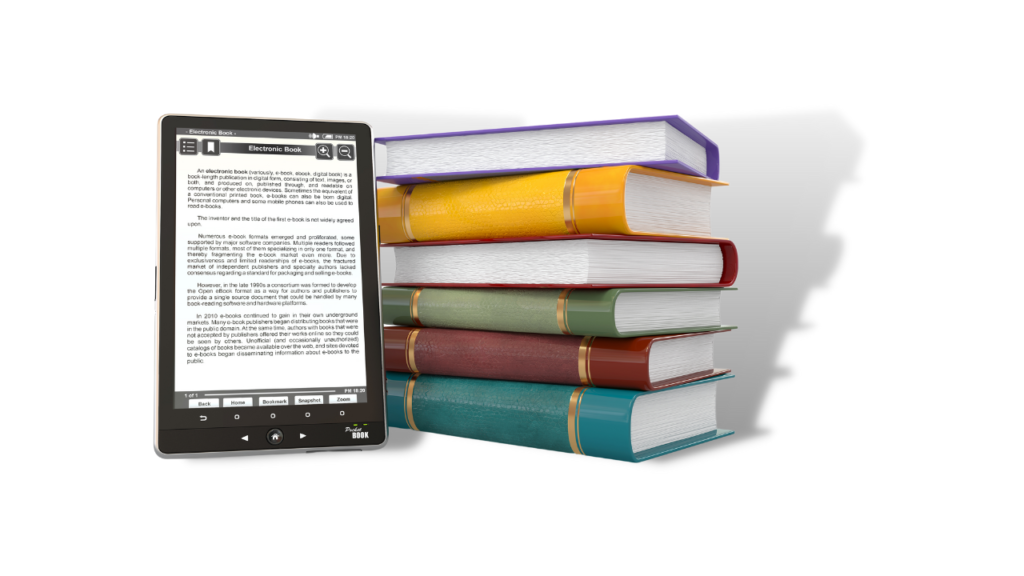
When it comes to tablets vs textbooks, the answer largely depends on your needs and budget.
Tablets offer more convenience, portability, and often more cost-efficiency than textbooks. They can store more information, last longer, and are easier to update and maintain. Tablets also offer a variety of educational apps and programs that can help students learn and stay organized.
On the other hand, textbooks provide a physical source of information that can be easily referred to without worrying about batteries or access to an internet connection. They also tend to be cheaper upfront and easier to dispose of after use.
Ultimately, the decision between tablets vs textbooks comes down to personal preference. Some people prefer a physical book for its ease of use and ability to refer back to information. Others may opt for a tablet for its convenience and portability. In the end, only you can decide what will work best for you in 2023.
tablets vs textbooks: The Verdict
When it comes to tablets vs textbooks, it all depends on personal preference and what works best for an individual. Tablets are more convenient, lighter and offer a wide range of features that textbooks do not have.
They are also more affordable and easily accessible. On the other hand, textbooks are still widely used and can provide a more immersive reading experience. Ultimately, it is up to the individual to decide which form of reading is best for them.